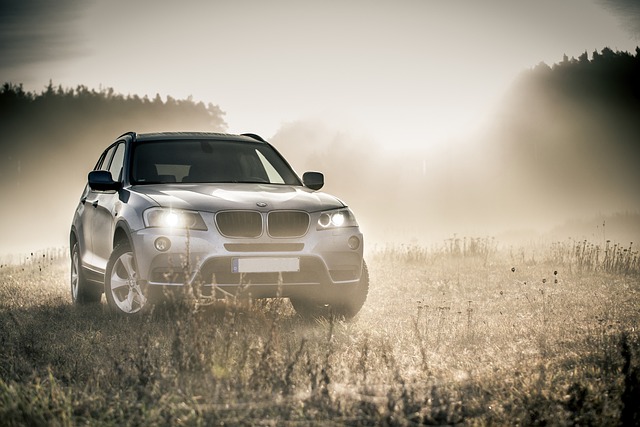
Car: The Pros and Cons of Buying a New Car vs. a Used Car: Making the Right Choice
When it comes to purchasing a car, one of the first decisions you’ll have to make is whether to buy a new car or a used car. This choice can significantly impact your budget, the reliability of the vehicle, and your overall satisfaction with your purchase. There are advantages and disadvantages to both options, so it’s essential to carefully consider your needs and preferences before making a final decision.
Pros of Buying a New Car
Buying a new car offers several advantages that may be appealing to many car buyers. Here are some of the primary benefits:
1. Reliability: New cars come with the assurance of being in pristine condition and having no prior wear and tear. You can expect fewer maintenance issues in the early years of ownership, as everything is new and under warranty.
2. Modern Features: Newer models often come equipped with the latest technological advancements, including advanced safety features, improved fuel efficiency, and better connectivity options.
3. Warranty Coverage: Most new cars come with a manufacturer’s warranty that covers repairs and maintenance for a specific period. This can provide peace of mind and potentially save you money on unexpected repairs.
4. Customization Options: Buying a new car allows you to choose the exact make, model, and specifications that match your preferences. You can customize the features and add-ons to create a personalized driving experience.
5. Lower Interest Rates: Financing a new car often comes with more favorable interest rates compared to used cars. This can result in lower monthly payments and potentially save you money in the long run.
#newcar #advantages #reliability #technology #warranty
Cons of Buying a New Car
While there are several advantages to buying a new car, there are also some potential drawbacks that you should consider:
1. Higher Cost: New cars generally come with a higher price tag compared to used cars. The initial depreciation of a new car can be significant, and you may lose a significant portion of its value in the first few years of ownership.
2. Higher Insurance Premiums: Insuring a new car is often more expensive than insuring a used car. The cost of comprehensive coverage and repairs in case of an accident can be higher for newer vehicles.
3. Limited Variety: Purchasing a new car restricts your options to the latest models. If you have a specific preference for an older model or a unique vehicle, you may have to explore the used car market.
#cost #depreciation #insurance #limitedoptions
Pros of Buying a Used Car
For those looking for an affordable and practical option, buying a used car offers its own set of advantages:
1. Lower Price: Perhaps the most significant advantage of buying a used car is the lower cost. Used cars have already undergone the majority of their depreciation, allowing you to get a reliable vehicle at a more affordable price.
2. More Variety: The used car market offers a wide range of models, makes, and years to choose from. You have the flexibility to find a specific car that suits your needs and preferences.
3. Lower Insurance Costs: Insuring a used car is typically cheaper, as it has a lower market value than a new car. This can result in reduced insurance premiums and potentially save you money in the long run.
4. Avoid Depreciation: Used cars have already experienced the majority of their depreciation, meaning their value won’t drop significantly in the first few years of ownership. This can be advantageous if you plan on reselling the car in the future.
#usedcar #affordability #variety #insurance #depreciation
Cons of Buying a Used Car
While purchasing a used car can be a cost-effective choice, there are a few potential disadvantages to consider:
1. Uncertainty of Condition: Used cars may come with unknown maintenance history and potential hidden problems. It’s crucial to thoroughly inspect and research the vehicle’s condition before making a purchase.
2. Higher Maintenance and Repair Costs: Older vehicles generally require more frequent maintenance and repairs compared to new cars. As the car ages, you may need to invest more time and money into keeping it in reliable condition.
3. Outdated Features: Depending on the age of the used car, it may lack the latest technology and safety features found in newer models. If having the latest features is a priority for you, a used car may not be the best option.
#condition #maintenance #repaircosts #outdatedfeatures
Conclusion
Making the right choice between buying a new car vs. a used car ultimately depends on your specific needs, budget, and priorities. While new cars offer reliability, modern features, and customization options, they come with a higher cost. On the other hand, used cars provide affordability, variety, and lower insurance costs, but may require more maintenance and lack the latest features. Analyzing these pros and cons can help guide you in making an informed decision that best suits your circumstances. It’s recommended to consider your financial situation, intended purpose for the car, and long-term plans before finalizing your purchase.
The Future of Autonomous Cars: Transforming the Way We Drive